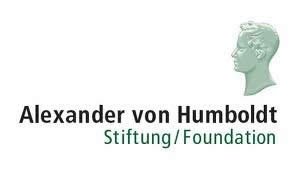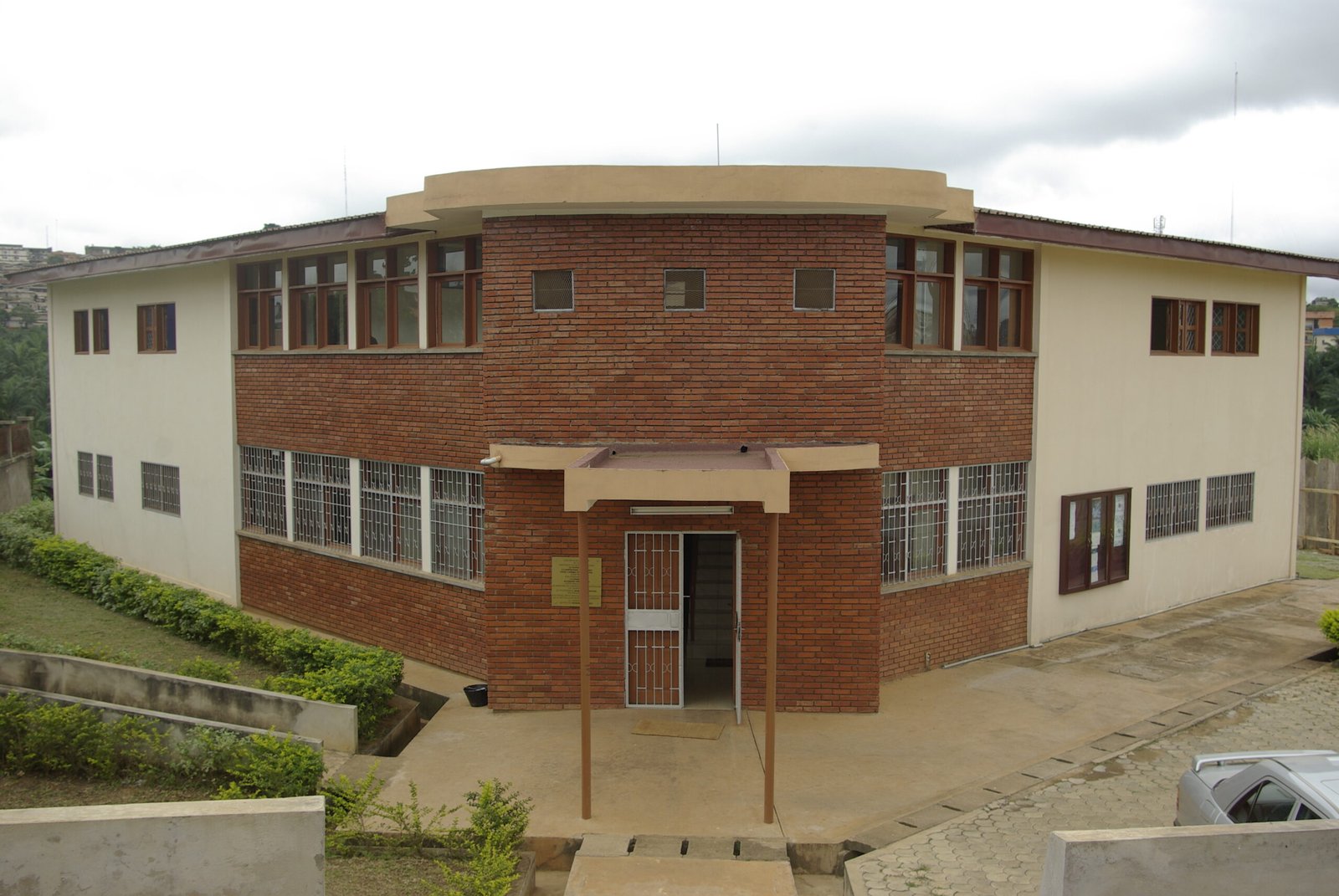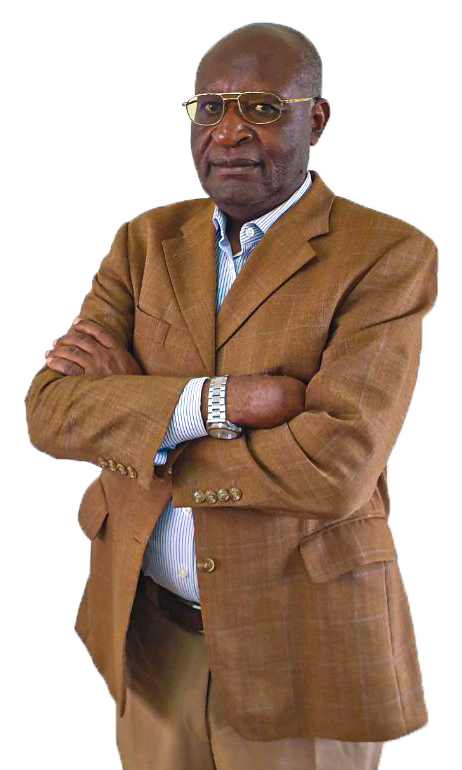Connecting researchers across borders, encouraging collaboration and fostering cooperative knowledge production.
DAW-Zentrum is a pioneering research center dedicated to fostering collaboration and the co-creation of knowledge between German and African researchers. We believe that international partnerships are essential for tackling global challenges and advancing scientific understanding.
We go beyond traditional models of research cooperation, where knowledge flows mainly in one direction. On the contrary, DAW-Zentrum advocates an equitable approach, where researchers from all backgrounds have the opportunity to share their expertise, challenge perspectives and co-create innovative solutions.
The DAW-Zentrum envisions a future where international research collaboration is the norm, not the exception. We aspire to a world where researchers from diverse have equal opportunities to contribute their expertise, shaping a more inclusive and equitable inclusive and equitable research landscape that fuels groundbreaking discoveries and benefits humanity as a whole.
The DAW-Zentrum is driven by the mission of fostering equitable and collaborative between German and African researchers. We empower the means to co-create knowledge, dismantle power imbalances in research production power imbalances in the production of research, and address global challenges through revolutionary scientific collaboration.








Our story begins in 2008, with a scientific triumph. Professor David Simo's remarkable research earned him prestigious recognition, but it also gave birth to a vision. He envisioned a center that would transcend borders and foster dynamic scientific exchange between Germany and Africa. Thanks to his unstinting support, this vision has become reality: the DAW-Zentrum.
Dive into our latest collaborative projects and discover how we're pushing the boundaries of science and shaping a better future.
This project examines multimodal relationalities of German colonial history and its aftermath in Germany and West Africa. German industrialization, colonization, media of mass culture and West African plantation economy, enslavement and infrastructures of transport are deeply intertwined....
Created in 2007 by a consortium of 10 researchers from 5 African countries (Cameroon, South Africa, Uganda, Zambia and Tanzania) and 4 European countries (Germany, Sweden, Netherlands and Italy), the PRD College was a research group focusing on poverty-related diseases....
We are committed to sharing our discoveries with the global scientific community. Discover our latest publications to better understand our collaborative research initiatives and keep up to date with the latest advances in various fields.
Die vorliegende Festschrift wollen wir einem der profiliertesten und berühmtesten Germanisten seiner Generation zum 65. Geburtstag und zum offiziellen Antritt des Ruhestandes überreichen.
Disciplines traditionally concerned with migration include geography, sociology, anthropology, statistical and demographic sciences, economics and so on. Most of these sciences take an aggregative and statistical approach.
The mixtures we present here are dedicated to the memory of Alioune Sow, who died too soon when he still had much to give, both as an eminent researcher and as the passionate teacher and trainer that he was. Contributions come from his students...
These are our key objectives, underlining our commitment to advancing scientific progress and promoting a more equitable research landscape.
Disseminate information on current research projects that are part of our mission.
Organize workshops on project development, management and scientific writing.
Facilitate international workshops for researchers from Germany and Africa.
Promote e-learning initiatives for knowledge accessibility.
Partner with universities to provide access to digital libraries.
Award prizes and distinctions to outstanding young researchers.
Set up interdisciplinary research teams focused on global challenges.
Collect, translate and transcribe colonial archives to widen access.
Connecting German departments and African universities for collaboration.
Explore our key research areas where brilliant minds are tackling global challenges.

The only way to produce knowledge about other nations and cultures, and I would add, about oneself, without reproducing or neutralizing structures of domination and deployments of power, is through scientific cooperation, which alone can enable us to move step by step out of ethnocentric positions through mutual questioning, as well as the elaboration of common categories (concepts).
Only in this way can everyone's expectations and fears be taken into account, and knowledge freed from domination can be produced. Clearly, this is a difficult undertaking. But there is no alternative to it.
Founder

Mi sodales nisl semper auctor dictum blandit per lorem vestibulum aenean hendrerit.
The DAW-Zentrum is a research center that fosters collaboration between researchers in Germany and Africa. We encourage the co-creation of knowledge, dismantle traditional power imbalances in research production and tackle global challenges through innovative scientific partnerships.
Researchers from all backgrounds, especially PhD students and early-career researchers from Germany and Africa, can benefit from our workshops, training programs, access to resources and networking opportunities.
We support collaborative research projects in a wide range of disciplines, focusing on critical global challenges such as climate change, public health, social development and knowledge production.
There are many ways to get involved! You can visit our website to find out about upcoming events, workshops and funding opportunities. You can also subscribe to our newsletter to stay informed about DAW-Zentrum activities.
The DAW-Zentrum can offer funding opportunities for collaborative research projects. We recommend that you consult our website or contact us directly for the latest information on available funding.
Participating in a DAW-Zentrum project gives you new perspectives, develop your research skills, contribute to the resolution of problems global issues and build a strong international network of collaborators.
The DAW-Zentrum aspires to be a catalyst for a more equitable and inclusive global research ecosystem. We envision a future where international research collaboration is the norm, and where researchers from all backgrounds have equal opportunities to contribute to scientific progress.
between the Faculty of Medicine and the Centre National de Développement du Numérique Universitaire (CNDU)